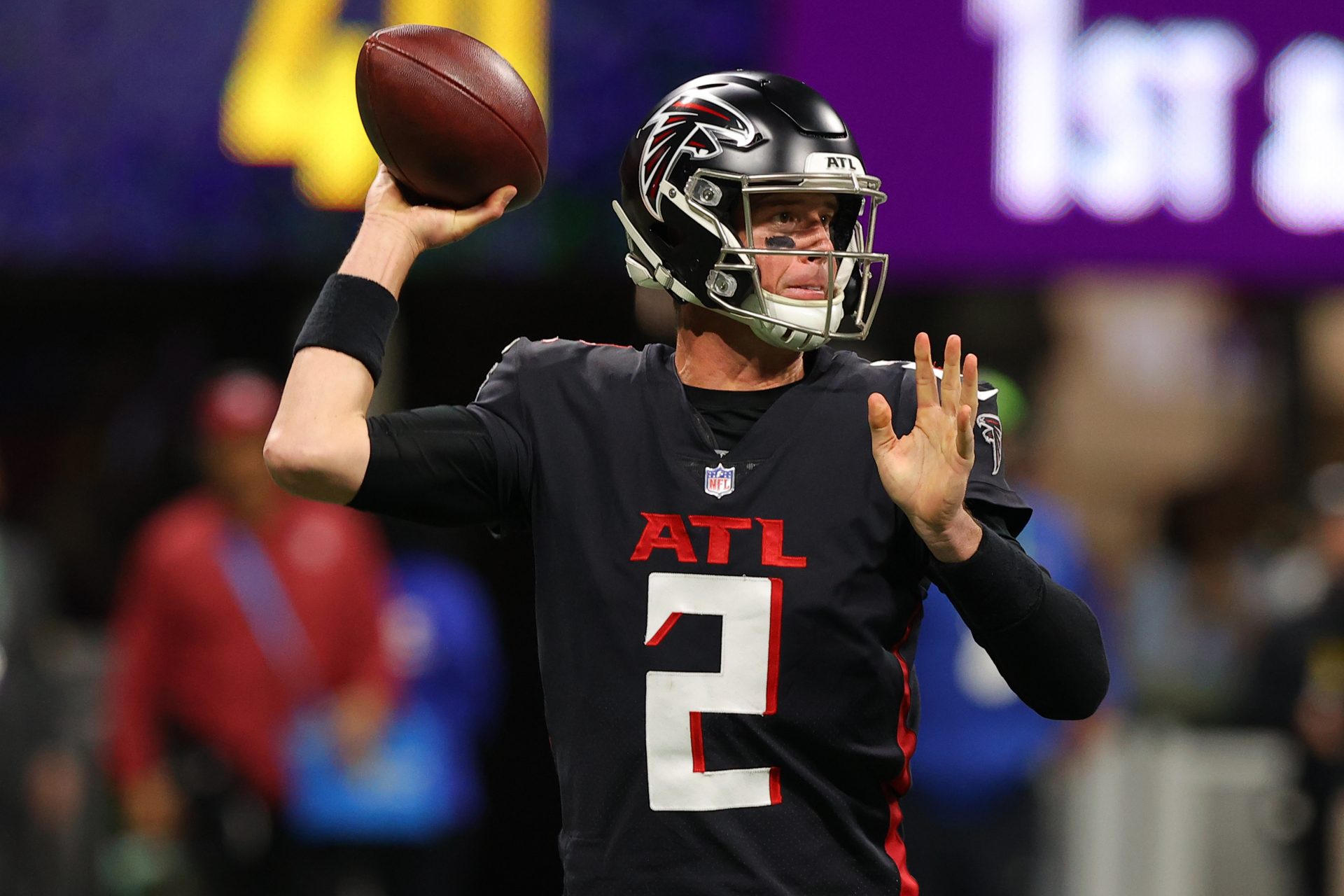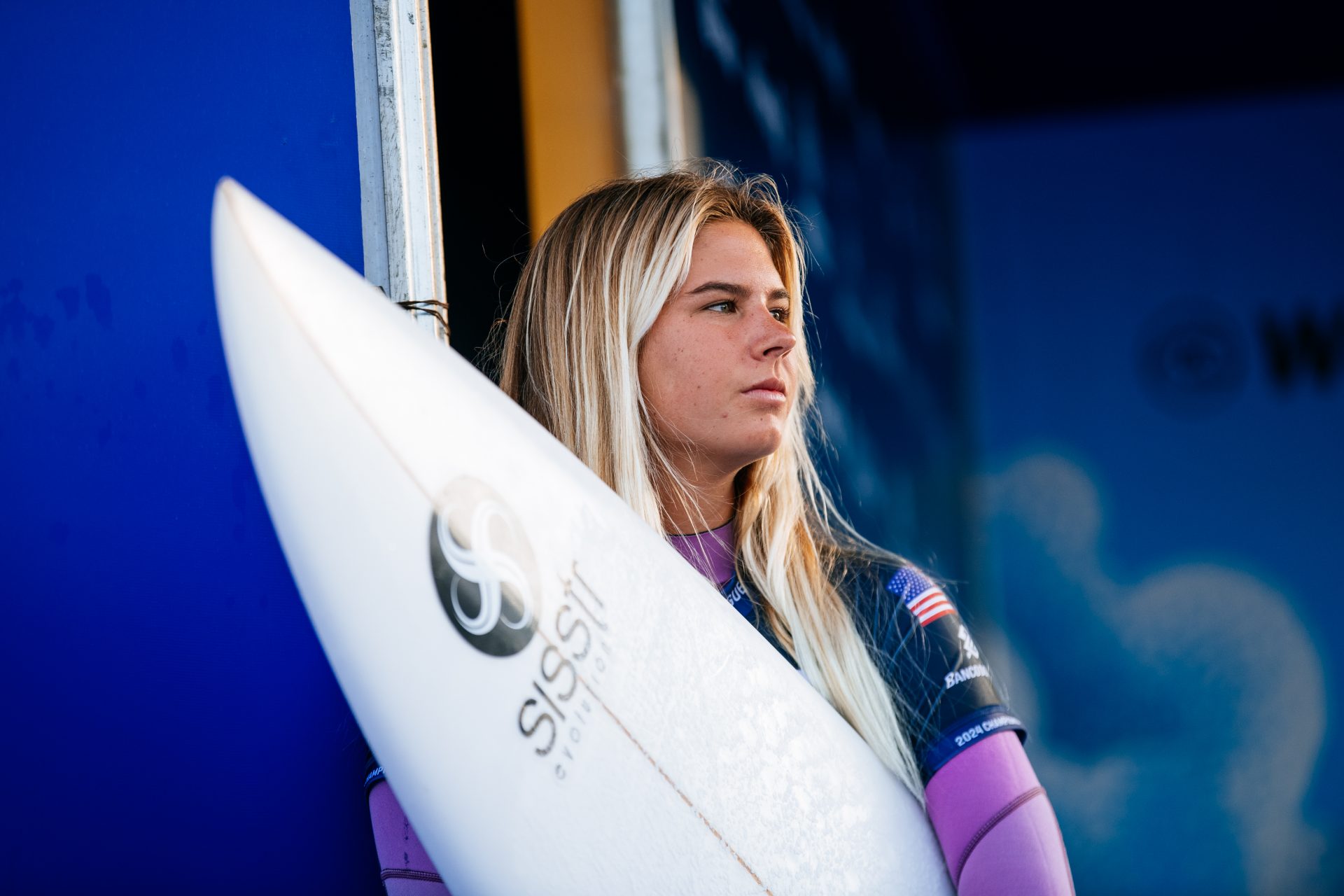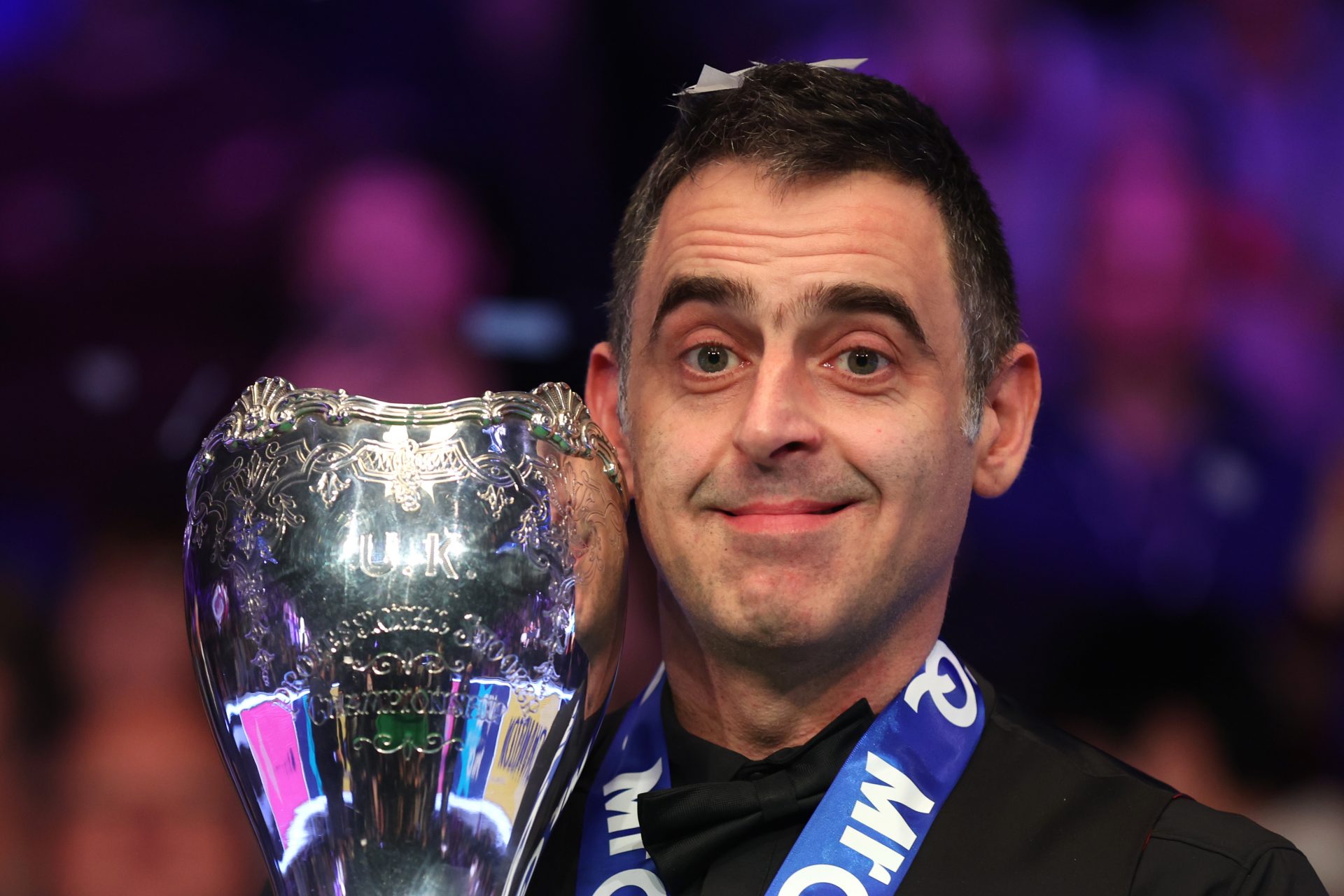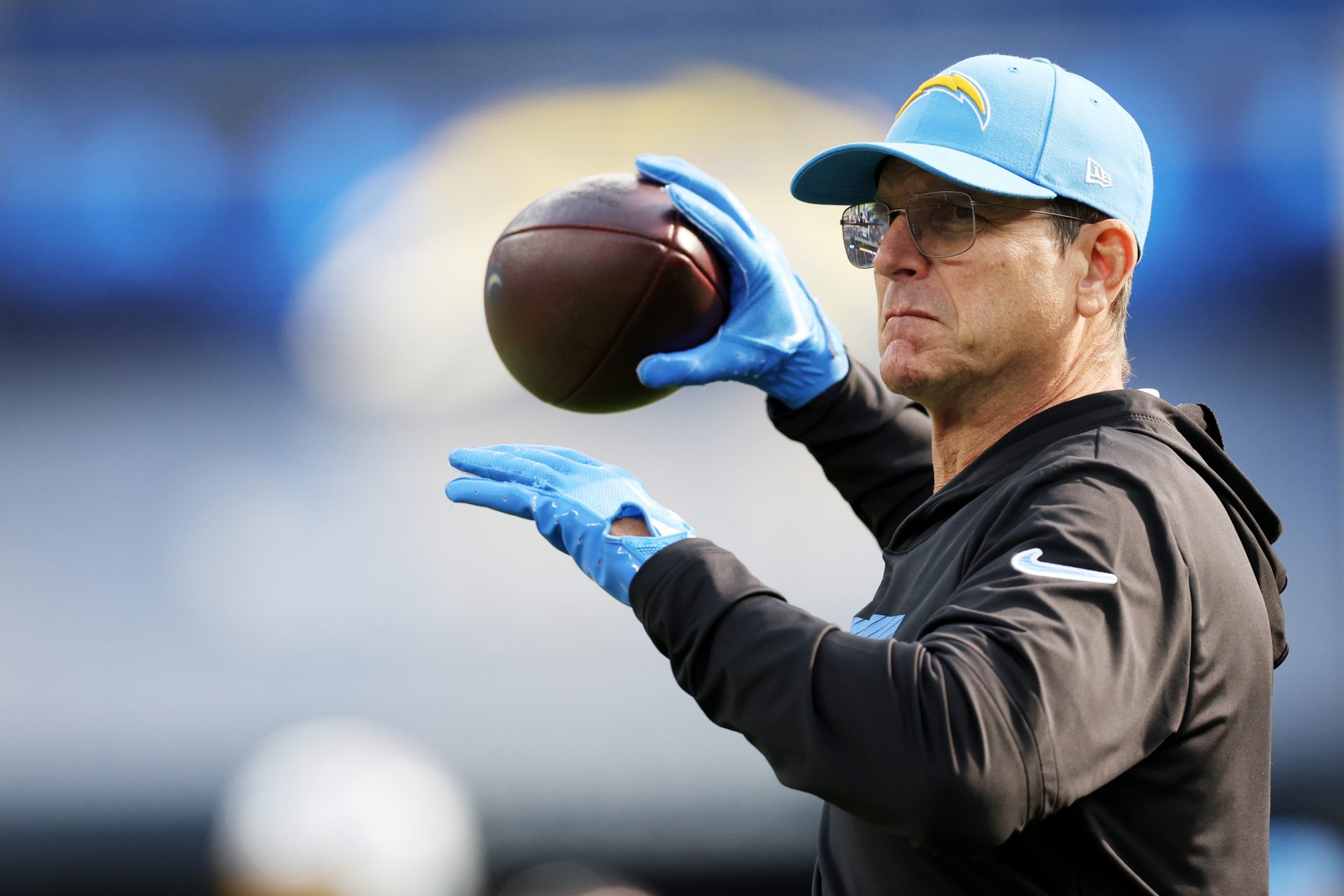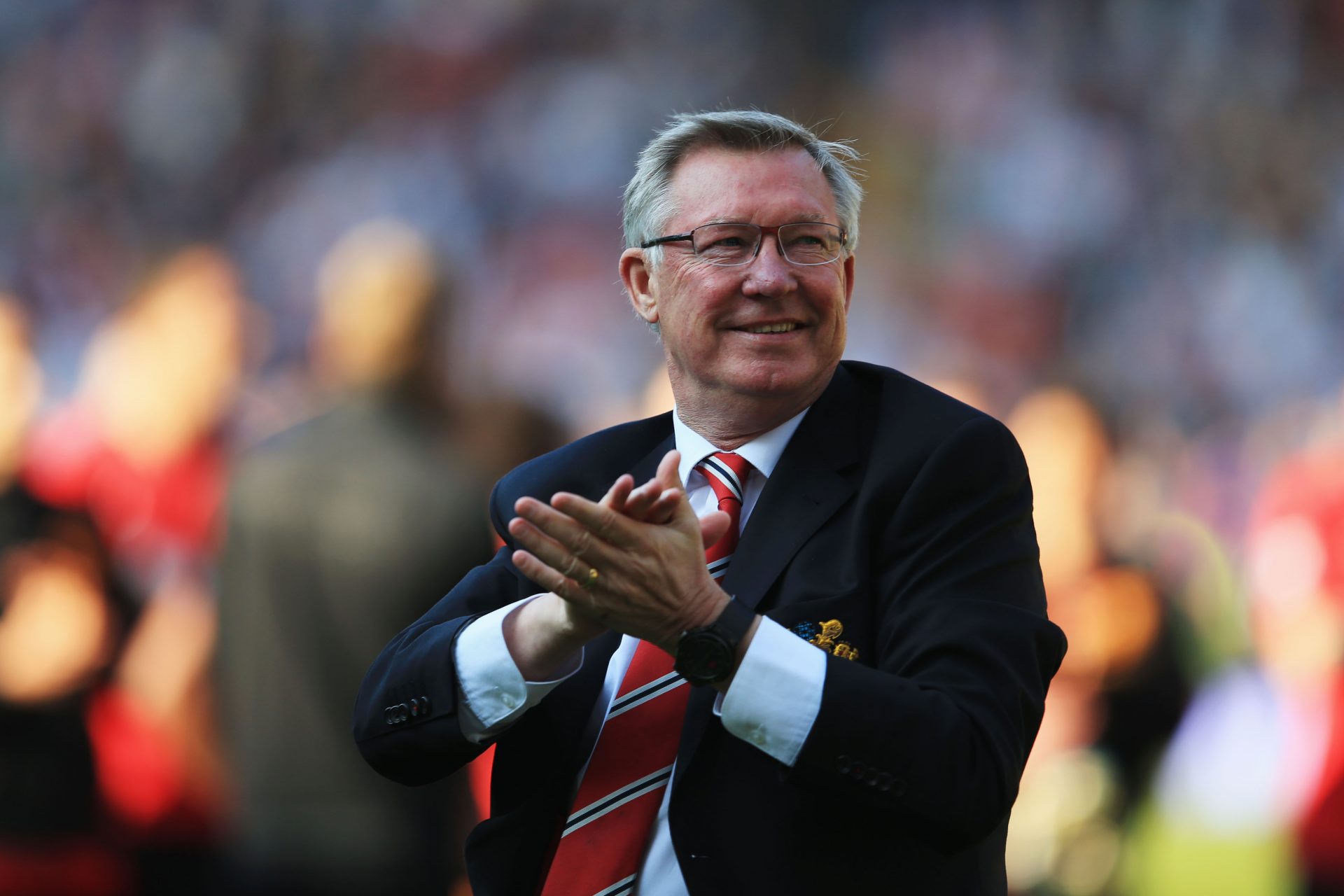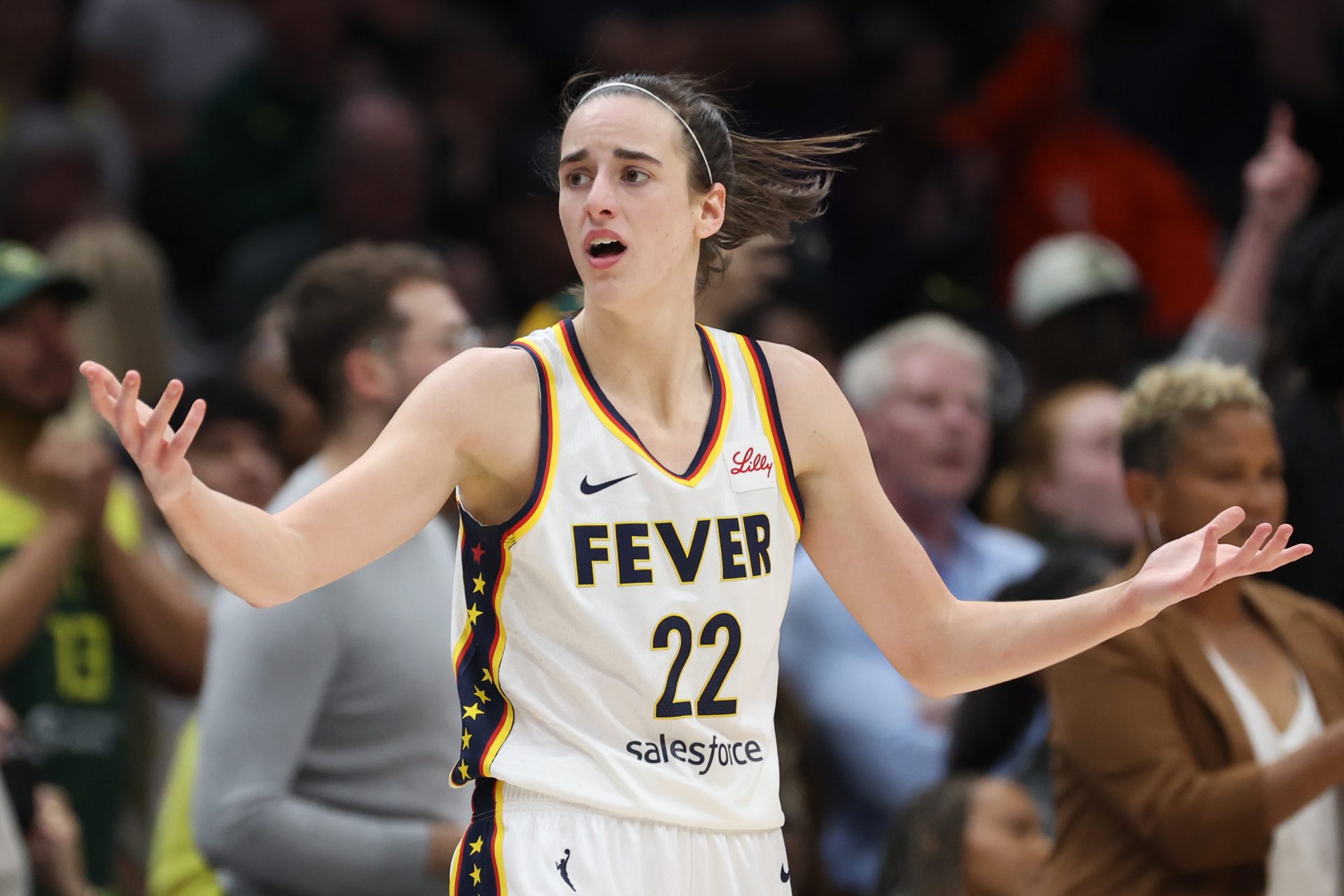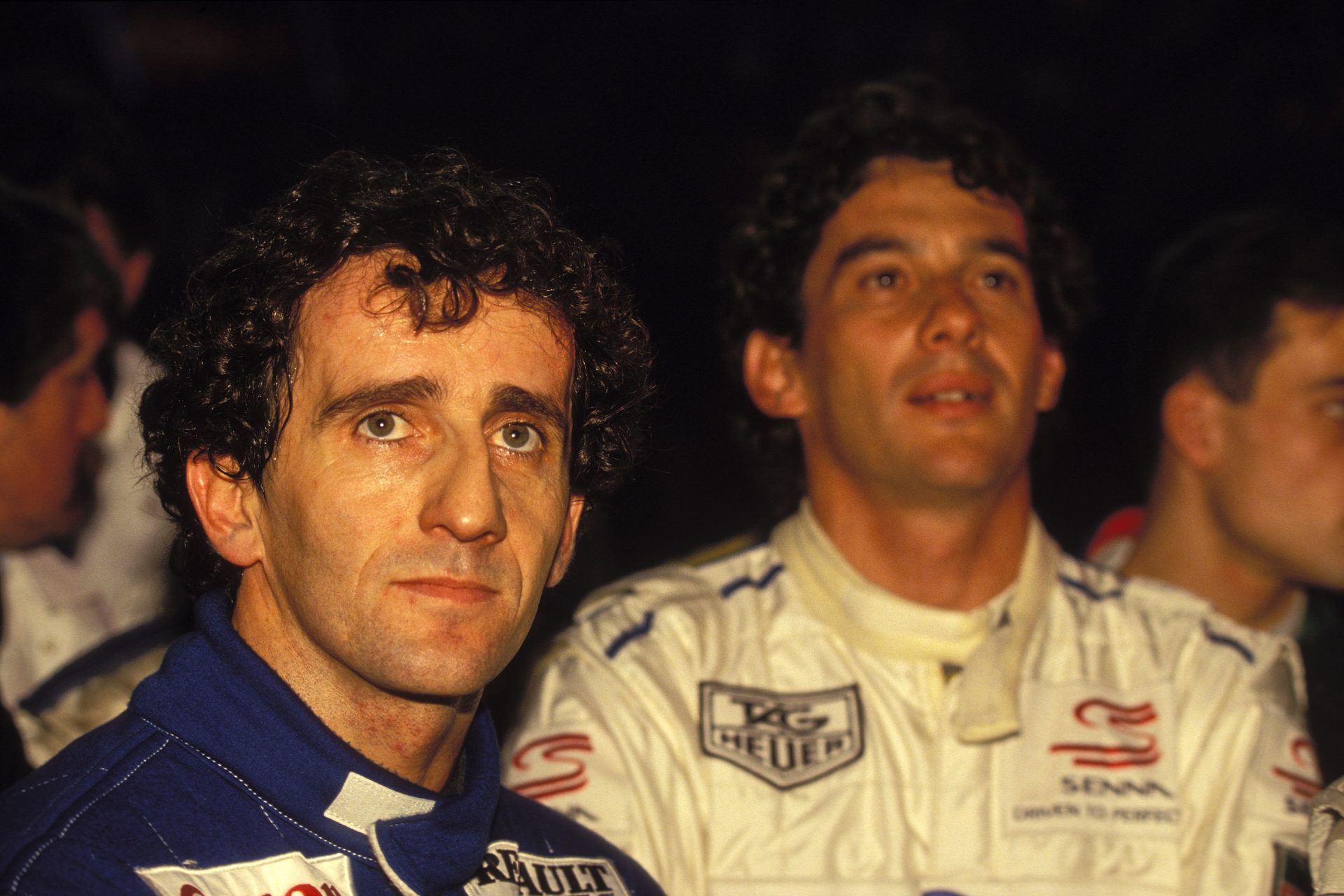These sports records will prbobably never be broken
People say that records are made to be broken, and some are regularly broken. But for certain athletic achievements, the bar seems to have been set so high – or the longevity is so high – that one wonders if the record will ever change. Let's check some of these records.
When we talk about records, we immediately think of athletics and particularly 100 meters. In this event, beating the time of 9 seconds 58 held by Usain Bolt seems almost superhuman. Only four other athletes in history have gone below the 9'75 mark and none have come close to Bolt's record by less than a tenth of a second... Unbeatable!
Among women, the records in 100 and over 200 meters are not so much striking for their magnitude as for their longevity. Florence Griffith-Joyner achieved the best performance of all time (10'49 and 21'34 respectively) in 1988, and no one has managed to match the athlete's times since then. Flo-Jo died prematurely in 1998.
Yet, the record for the women's 400 meters is even older. With a time of 47'60, it was set in 1985 by East German athlete Marita Koch. Although she never tested positive, there has been a strong presumption of doping use, a common practice among athletes from the former Eastern bloc.
In the long jump, the same records have stood for at least thirty years, both for men and women. American Mike Powell (pictured) jumped 8.95m in the 1991 World Championships final in Tokyo, while Soviet athlete Galina Chistyakova jumped 7.52m in 1988.
The men's javelin record is as impressive for its range as it is for its duration. In 1996, Czech athlete Jan Zelezny came very close to the 100-meter mark with a throw of 98.48 meters. His successors often got close to this figure but never equaled it.
Unbeatable records occur outside of athletics as well. In 1962, basketball player Wilt Chamberlain single-handedly scored 100 points, including 31 in the fourth quarter. Since then, only Kobe Bryant came close to that number: he scored 81 points at a ga,e in 2006. It is too bad that there is no video of Chamberlain's unique game in NBA history.
Despite the cardinal importance it attaches to the collective, football also revolves around individual performances. In 1958, Frenchman Just Fontaine scored 13 goals in the World Cup. The remarkable feat was practically impossible to repeat since the maximum number of matches that a team can play during the tournament is seven.
At the height of his talent, Argentinian soccer hero Lionel Messi scored 91 goals (club and selection combined) during the calendar year of 2012.
Goal-scoring records can deal with speed as well. Polish striker Robert Lewandowski knows this, as he scored a quintuple in just 9 minutes during a Bayern Munich league match in 2015. The player strung together records as his third and fourth goals were also the fastest triple and quadruple in history.
In soccer, some records are broken collectively. For example, when the players of the Malagasy sports club based in Antananarivo (Madagascar) decided to protest against the refereeing by scoring goals against themselves. They ended up losing by 149-0.
Given the method of counting points, rugby allows even more spectacular score differences between teams. In another protest against refereeing decisions, in 2015, a Belgian team stopped playing in a league game and let their opponent win 356 to 3.
Nicknamed "Alexander the Great", this Russian champion of Greco-Roman wrestling was undefeated for many years and won numerous medals at the Olympic Games and world championships. His career statistics: 887 wins in 889 fights. Hard to imagine who could dethrone him.
The longest boxing fight in history took place almost 130 years ago, on April 6, 1893. The duel between Andy Bowen and Jack Burke dragged on without either of them managing to take over the opponent. The referee had to stop them in the 110th round, after 7 hours and 19 minutes. It was a draw that remained in the annals of boxing history.
Another longest match was that between John Isner and Nicolas Mahut at Wimbledon in 2010. Starting in the evening, the match was interrupted by nightfall and concluded the next day after 11 hours and 5 minutes of play. Isner won in the fifth set 70-68.
While Roger Federer has just retired, the Swiss tennis giant and his rivals Rafael Nadal and Novak Djokovic have won more than twenty Grand Slam tournaments each. The new generations of tennis players will have to train hard to surpass them!
Another performance achieved by three individuals took place in a Formula 1 race in 1997. Michael Schumacher, Jacques Villeneuve (photo), and Heinz Harald Frentzen finished at the same time to the nearest thousandth of a second: 1 minute 21' 072. For simple reasons of statistical probability, it is almost certain that this situation will never happen again.
Finally, how can we talk about unbeatable records without mentioning the incredible Olympic record of Michael Phelps? Between the Games in Athens in 2004 and those in Rio in 2016, the American swimmer won 28 medals, including 23 gold. In addition, he dominated many a world championship. It's enough to motivate young swimmers!
On April 11, 2001, Australia faced American Samoa in the 2002 World Cup qualifier. The Socceroos had no mercy for their opponents and win the match 31-0 with a record 13 goals from their forward, Archie Thompson. Between the tenth and the 25th minute of play, the Australians scored 9 goals. America Samoa has shown improvements in recent years and almost reached the second phase in World Cup qualification in 2018, only narrowly missing out on progressing on goal difference
––
More for you
Top Stories























